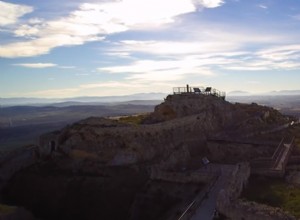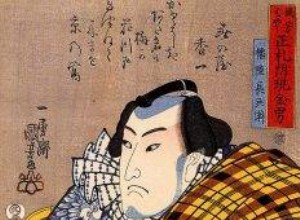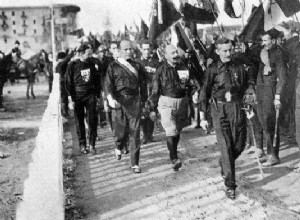We headed, after knowing Baelo Claudia, again to the province of Cádiz, specifically to the town of Medina Sidonia located in the interior of the province. There we will find the remains of one of the least known constructions of Roman culture, the castellum Romans, which could well have been the p




